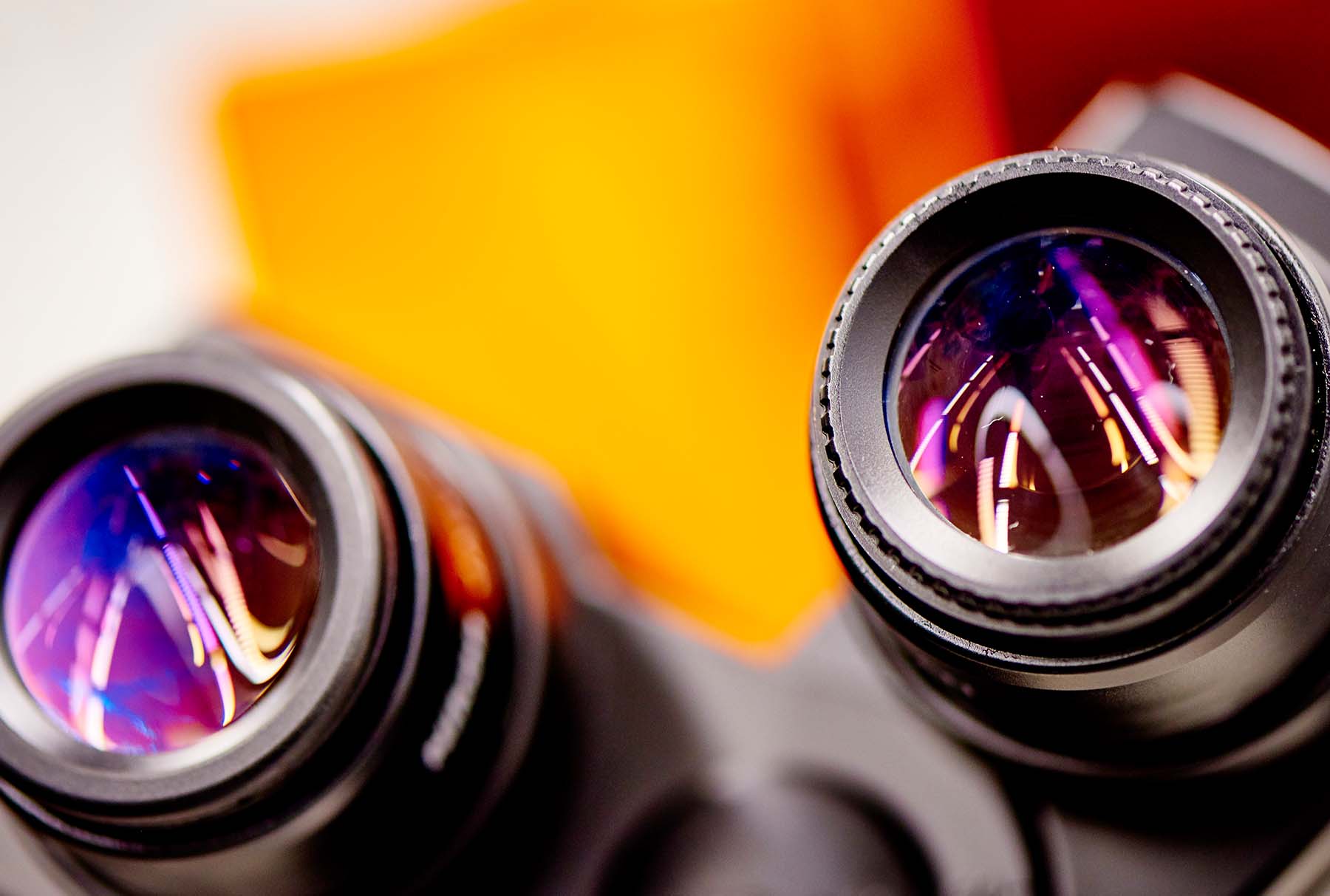Single Crystal X-ray Diffraction
This technique delivers unequivocal material identification. It’s the gold standard for chemical characterisation.
Single Crystal X-ray Diffraction is the gold standard of chemical characterisation. The technique delivers unequivocal identification of materials. It provides detailed measurement of molecular geometry and conformation, and of the supramolecular environment of the species in the solid state.
Our X-ray crystallography service has over 60 years combined expertise in data collection and structure solution. It offers the speed and flexibility of modern diffractometers.
We provide a structure determination service to academic and commercial customers and enterprises. We offer a high quality, reliable service.
Your results can be provided in various formats, from a short report to a detailed analysis of the molecular and intermolecular structural features.
Our flexible pricing runs on a per-structure basis. We can negotiate on pricing for larger numbers of structural determinations.
We also offer services such as recrystallisation, co-crystallisation, and polymorph screening, following both standardised and tailored protocols.
Sample flexible handling
Using both molybdenum and copper radiation allows us to analyse a wider range of crystal qualities. We also provide access to absolute configuration determination for chiral molecules.
Potential phase changes can be easily investigated with an Oxford Cryosystems Cryostream. This allows data collection in the temperature range 80 - 450 K.
We can also handle air-sensitive samples and those subject to solvent loss. We offer rapid transfer of samples from cold storage (fridge/freezer) or Schlenk line to microscope and diffractometer.
Expertise
An internationally recognised authority oversees our commercial operations. We have expertise in a range of sample categories, including:
- organic, organometallic, inorganic complexes
- inorganic or intermetallic compounds and MOFs
Our trained researchers have more than 10 years' experience of small molecule crystallography and a background in handling sensitive crystals.
We also have a long-standing link with Diamond Light Source, the national synchrotron facility in Oxfordshire.
Tailored reports
All results are provided electronically and are tailored to meet your individual needs. You can choose between:
- a one-page summary with the essential data and a picture of the structure
- a full description of main experimental procedures (including tables of numerical results, colour graphics of molecular structure and accounts of major structural interest)
- further analysis of results and consultancy
- advice or assistance for writing publications
Additional services
We also offer:
- access to X-ray powder diffraction experiments, thermal analysis and crystal structure determination from crystalline powders
- recrystallisation service to improve crystal quality
- polymorph, co-crystal and solvate screening, tailored to suit the customers' needs
- report and publication writing
- ultra low temperature studies, 2 K - 290 K
- high pressure studies, ambient to 20 GPa
In the rare case that crystals are not of sufficient quality for data collection at Newcastle, we can help. We have an excellent working relationship with the national synchrotron facilities.
We'll provide professional guidance to apply for beam time at Station I19 at the National Synchrotron Facility Diamond Light Source (DLS).
Pyrophoric materials
Air-sensitive and other unstable or short-lived molecular entities are a day-to-day reality in many fields of synthetic chemistry.
Pyrophoric materials can combine this inherent instability with an element of risk. The challenges that must be overcome to analyse these materials ensure that any result is remarkable and may provide insights into the unstable nature of the material.
More details on how we overcome this challenge: Single-Crystal X-ray Crystallography Measurements of Pyrophoric Materials
HOSE calculations
Single-crystal X-ray crystallography provides a three-dimensional model of the molecular entity comprising the crystal. From this, geometric parameters (interatomic distances, bond angles, etc.) can be measured. Provided these measurements are precise enough, they can be used to inform other properties of the material.
Calculating the Harmonic Oscillator Stabilisation Energy (HOSE) can provide a quantitative measure of the contribution of individual resonance structures to the overall bond length pattern of an aromatic ring. This may be useful for estimating the extent and likely pathways of charge transfer across the molecule.
How we use Harmonic Oscillator Stabilisation Energies (HOSE) calculations: Calculating HOSE from Bond Distance Measurements
Contact us
If you have questions or want a quote, complete our enquiry form below.
If you are a Newcastle University staff member or student, visit the internal Research and Analytical Services' intranet page.
